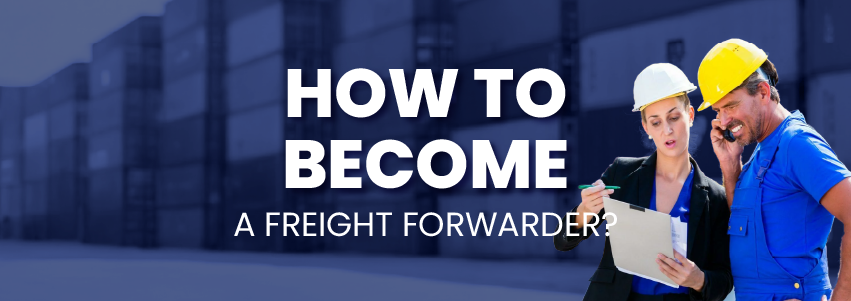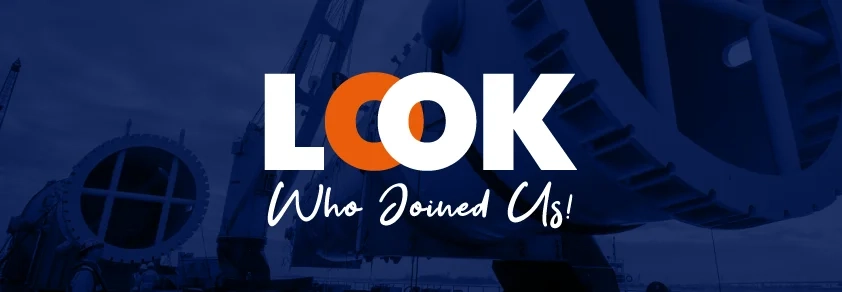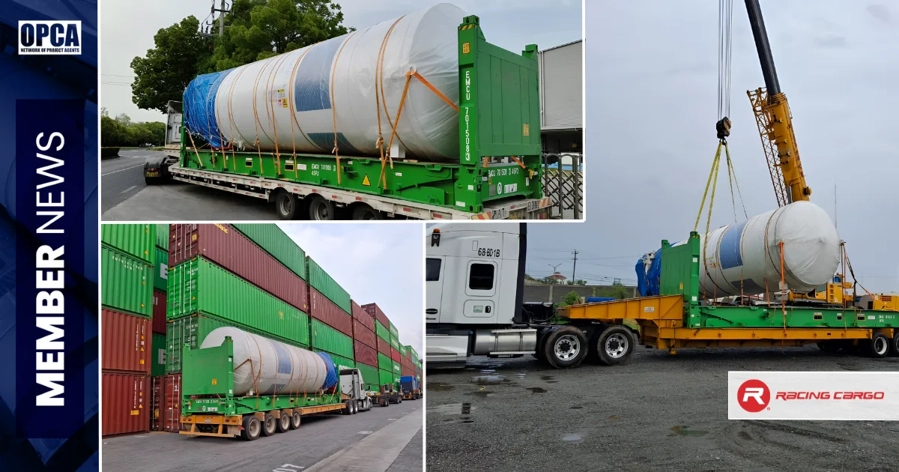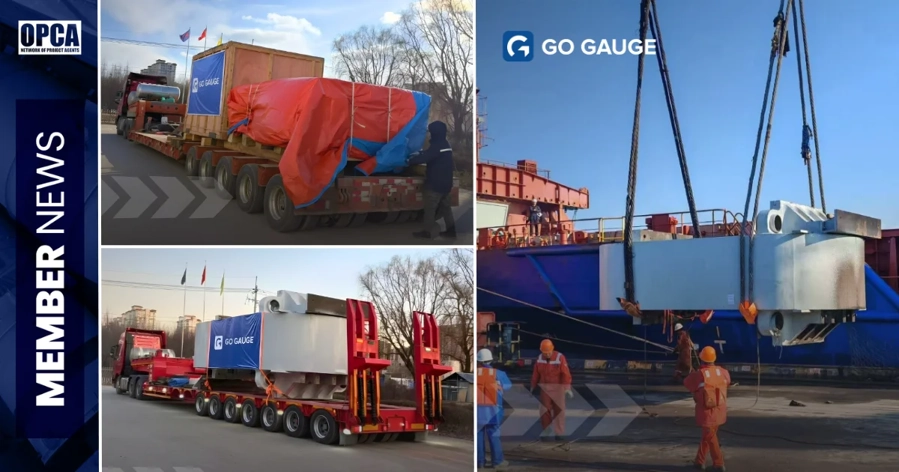How to Become a Freight Forwarder?
Table of Contents
The fast-changing worldwide supply chain depends greatly on freight forwarders to guarantee flawless international trade. This thorough guide will lead you through all you need to know about how to become a freight forwarder, whether your plans are to start a freight forwarding business or you wish to become a freight carrier.
What is a Freight Forwarder?
A freight forwarder is a third-party logistics company that plans the delivery and storage of goods on the shipper's behalf. To guarantee on-time delivery, they work with carriers, provide required documentation, and negotiate freight fees. Although they usually do not move the products directly, their knowledge guarantees that the process runs from origin to destination without any problems.
What is the Purpose of a Freight Forwarder?
Freight forwarders act as intermediaries between shippers and various transportation services such as ocean shipping, air freight, and trucking. Their purpose includes:
- Ensuring regulatory compliance
- Consolidating shipments
- Providing customs brokerage
- Reducing shipping costs through negotiations
- Offering insurance options
- Tracking shipments for clients
Their logistical knowledge saves businesses valuable time and prevents costly shipping errors.
How to Start a Freight Forwarding Business?
Although starting a freight forwarding business can first appear challenging, with proper planning and execution it can result in a quite profitable operation. Here is a detailed walk-through:
License and Insurance
Getting required licenses and insurance comes first. Depending on the country, you might need a customs broker license, a freight forwarding license, liability and cargo insurance, or surety bonds. These documents assist in safeguarding both your business and customers.
Analyze the Industry
Understanding the freight forwarding industry is essential. Investigate present trends, major enterprises, consumer complaints, and areas of potential development. Research competitors and assess your possible market's size.
Market Research
Conduct thorough market research to identify your target audience. Will you handle big manufacturers, e-commerce companies, or small exporters? Understanding the demands of your customers shapes your service line.
Work on a Strategic Plan
Your company's strategy should include operational goals, value proposition, price, and long-term scalability. A well-defined plan sharpens your concentration and raises your chances of achievement.
Choose Your Business Structure
Choose from sole proprietorship, partnership, LLC, or corporation for your business structure. This choice affects liability, managerial flexibility, and tax responsibilities.
Marketing Plan
Create a thorough marketing strategy. Add digital ideas including social networking, email marketing, and SEO. Building your brand also comes from networking in worldwide trade events and logistics exhibitions.
Decide on Your Logistics Niche
Focusing on a niche gives you a competitive advantage. You can concentrate on:
- Project cargo
- Perishables
- Automotive logistics
- Pharmaceuticals
- Dangerous goods
Niche expertise attracts targeted customers.
Hire and Train Staff
As your company expands, you truly must find qualified experts. Make sure your employees comprehend foreign logistics, documentation, customs clearance, and customer service by funding training initiatives.
Operational Setup
Organize your operations structure, including offices, storage (if relevant), travel plans, and IT systems. Simplify systems to minimize errors and postponements.
Become a Part of an Alliance
Joining a freight forwarding network provides you with access to trusted agents worldwide. It helps build credibility, receive overseas support, and generate new business opportunities.
Freight Forwarding Software and Systems
Modern freight forwarding software promotes productivity and customer satisfaction by means of quoting, tracking shipments, documentation management, CRM, and accounting automation.
Insurance Coverage for the Business
Apart from cargo insurance, think about general liability insurance, errors and omissions insurance, and workers' compensation. Insurance gains client trust and guards your investments.
Financial Analysis
Project your running and beginning expenses. Make a cash flow forecast and track important financial indicators. If necessary, look for alliances or financing.
Legal Registration
Notify local authorities about your company. Guarantee of trade and customs law compliance. Work with a legal consultant to prevent expensive blunders.
Marketing and Branding Expenses
Set up a marketing fund specifically for brand enhancement. Invest in trade periodicals, paid ads (Google, LinkedIn), logo and website design, and trade tools.
Tips for Building a Freight Forwarding Business
- Prioritize customer service—fast responses and transparent communication matter.
- Keep up with global trade laws—continuous learning is a must.
- Strengthen your network—your overseas agents are your backbone.
- Leverage technology—stay competitive with digital transformation.
How Do I Become a Freight Forwarder in the USA?
If you're aiming to become a freight forwarder in the United States, you'll need to follow a few crucial steps involving licensing, registration, and compliance:
- Obtain a freight forwarder license from the Federal Motor Carrier Safety Administration (FMCSA).
- If handling ocean shipments, register with the Federal Maritime Commission (FMC) as an Ocean Transportation Intermediary (OTI).
- Acquire a customs broker license if you want to handle customs clearance.
- Apply for insurance and bonds (BMC-84 or BMC-85).
How Do I Become a Freight Forwarder in Australia?
In Australia:
- No specific freight forwarding license is required.
- Register your business with the Australian Business Register (ABR).
- For customs brokerage, accreditation through the Department of Home Affairs is necessary.
- Join industry associations like the Freight & Trade Alliance (FTA) or the International Forwarders & Customs Brokers Association of Australia (IFCBAA).
How Do I Become a Freight Forwarder in Canada?
In Canada:
- No federal license is required, but registration with CRA is necessary.
- Obtain a customs broker license from the Canada Border Services Agency (CBSA).
- Join the Canadian International Freight Forwarders Association (CIFFA) for training and credibility.
- Comply with insurance and provincial requirements.
How Do I Become a Freight Forwarder in India?
In India:
- Register with the Directorate General of Foreign Trade (DGFT).
- Obtain an Importer Exporter Code (IEC).
- Join the Federation of Freight Forwarders' Associations in India (FFFAI).
- Comply with GST and customs regulations.
How Do I Become a Freight Forwarder in the UK?
In the UK:
- Register your company with Companies House.
- Obtain an Economic Operator Registration and Identification (EORI) number.
- Join the British International Freight Association (BIFA).
- If handling customs, get certified as an Authorized Economic Operator (AEO).
How Do I Become a Freight Forwarder in Florida?
As part of the U.S. market, Florida follows the national process. You'll need:
- FMCSA and FMC registrations
- Florida business license
- Insurance and surety bonds
- Local city or county permits (if applicable)
How Do I Become a Freight Forwarder in Ghana?
In Ghana:
- Register with the Registrar General’s Department.
- Obtain a Tax Identification Number (TIN).
- Apply for licenses from the Ghana Shippers’ Authority and Ghana Revenue Authority (Customs Division).
- Join the Ghana Institute of Freight Forwarders (GIFF).
How Do I Become a Freight Forwarder in Jamaica?
In Jamaica:
- Register your company with the Companies Office of Jamaica.
- Get a customs broker's license from the Jamaica Customs Agency.
- Adhere to tax and labor regulations.
- Join the Shipping Association of Jamaica for support and training.
How Do I Become a Freight Forwarder in South Africa?
In South Africa:
- Register with the Companies and Intellectual Property Commission (CIPC).
- Apply for a SARS Customs Code.
- Get training via the South African Association of Freight Forwarders (SAAFF).
- Ensure compliance with the South African Revenue Service and local freight regulations.
Expand Your Reach with OPCA
If you’re planning to establish a strong international presence as a freight forwarder, becoming a part of a global network like the Overseas Project Cargo Association (OPCA) can significantly boost your business. OPCA connects international freight forwarders with reliable agents around the world, helping you:
- Access project cargo business opportunities
- Collaborate with experienced members
- Increase your brand visibility
- Attend global networking events
Join OPCA today and take your freight forwarding business to the next level with trusted partners across the globe.
_logo.webp)



